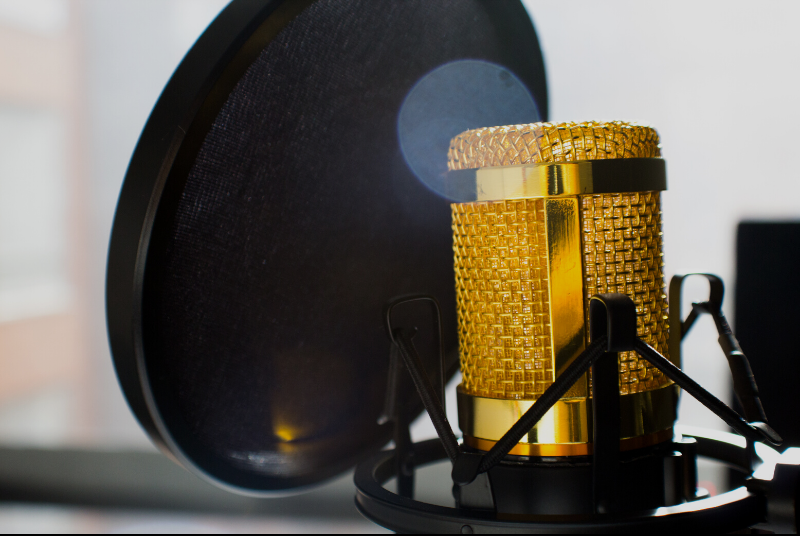by Joe Casciani
BETTER HABITS, BETTER HEALTH
A recent guest on the Living to 100 Club Radio Show was Dr. Michael Howard, health educator, neuropsychologist, and researcher on aging and longevity. The discussion focused on the role that our behavior and lifestyle play in developing chronic illness and disease, and alternatively, can also ensure successful aging and living longer. Here are the top ten takeaways from the Show:
TOP 10 TAKEAWAYS
* Where you’re born and where you live on this planet and the lifestyle choices you make in that environment, drastically impact life expectancy. The lifestyle choices you make in life, the decisions you make, markedly affect how long you’ll live.
* The food industry has created hyper-palatable foods that incorporate sweet, fatty, and salty tastes, foods that provide high brain pleasure, are high in calories, and contribute to growing rates of obesity. These foods never existed on our planet before they were processed and marketed this way, and you cannot find a natural food that is sweet, salty, and fatty at the same time.
* The top 10 causes of death are largely brought about by our own behaviors. They’re not highly genetic disorders. These are heart disease, cancer, COPD, accidental deaths, stroke, conditions related to Alzheimer’s disease, diabetes, kidney disease, infections, and suicide.
* There are 100-year-old people out there taking Metformin and they’re taking antihypertensives, statins and other drugs, too. Medical science has helped us manage these conditions significantly with medications. What it hasn’t done is really made a huge effort to prevent these conditions largely brought about by our own behaviors.
* Death is rarely attributable to Alzheimer’s disease, but rather these individuals die of pneumonia, heart attack or stroke, malnutrition, or sepsis. Though you die with Alzheimer’s disease, you don’t really die from it.
* A chronic condition is defined as lasting three months or more, and is more difficult to treat or cure, while acute conditions are more treatable, especially with better diagnostic tests and screening exams that can identify early signs of conditions that can become chronic.
* Our behavior falls into identifiable patterns right around late teens or early adulthood. We call that pattern of behavior our personality, characterized by a set of beliefs that we form over time, based on these beliefs and powerful memories. And they become behavior patterns that stay with us. And some of these personality styles can be very unhealthy and others can be healthy.
* Lifestyle can be improved by choices that we make but it’s also necessary to change the environment, so there are competing choices that are healthier. This would include alternative food aisles in the grocery store, and healthy fast food restaurants.
* If you want to add anywhere from 15 to 18 healthy years to your life, there are five simple things in life that largely predict that: keep your weight in the normal range; eat healthy, mostly plant-based diets; do regular and moderate exercise; don’t smoke; and do not drink alcohol to excess.
* To change behaviors, set goals that impact one, two, or three things that you want to change in your life. Make the goals you want and start short term, and then shoot for long term goals. Get your motivation to do it, understand why you want to do it, and don’t compare yourself to others because everybody is different, with different motivations and what’s important to them may not be important to you.
Dr. Howard has been a guest on our Radio show twice, imparting valuable advice for our listeners about healthy lifestyles and living longer. You can access the recording and transcript at this link on our website. A new membership category, Premium Members, can access all show recordings, transcripts, AND a “precis” or top 10 takeaways from each episode. Visit the membership page for more details.

